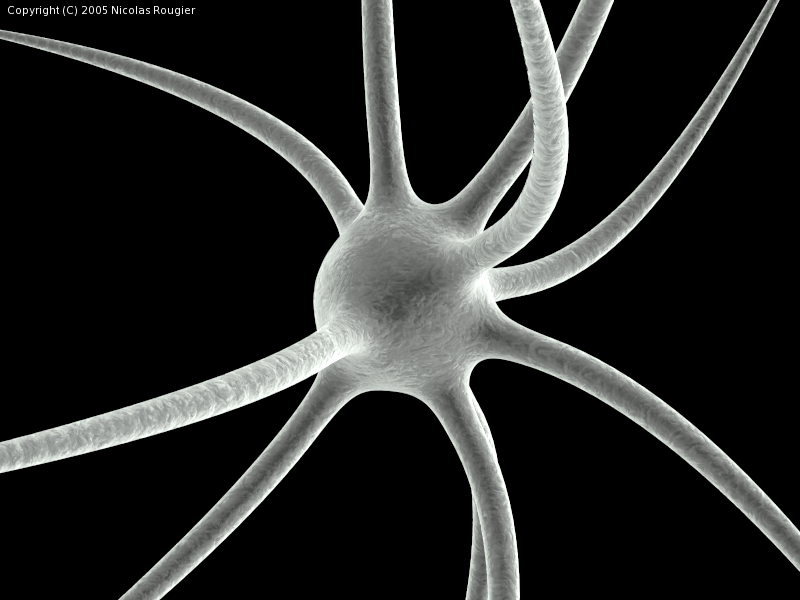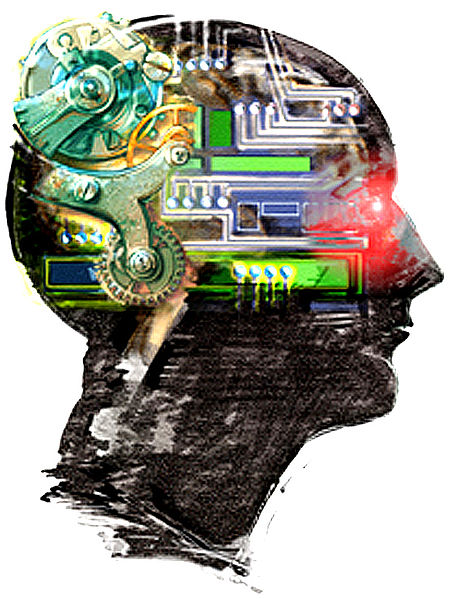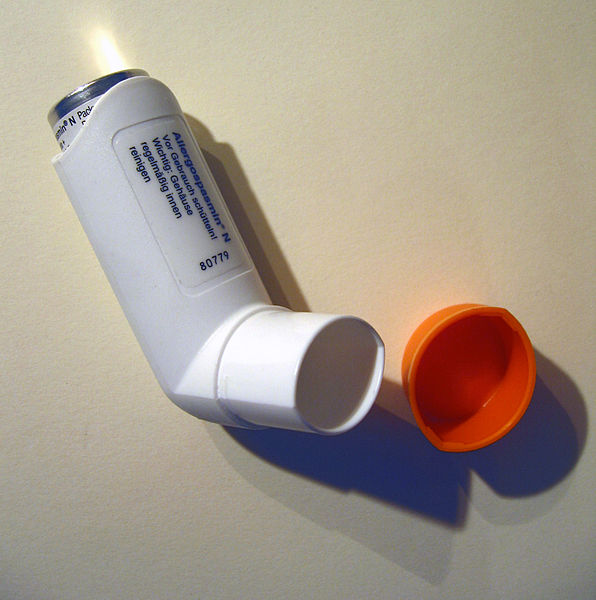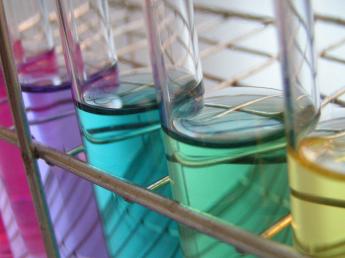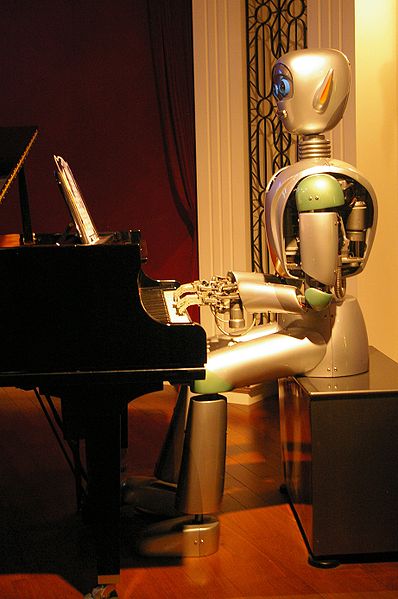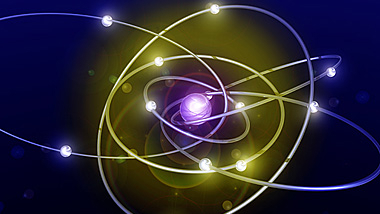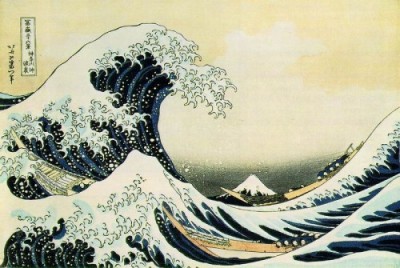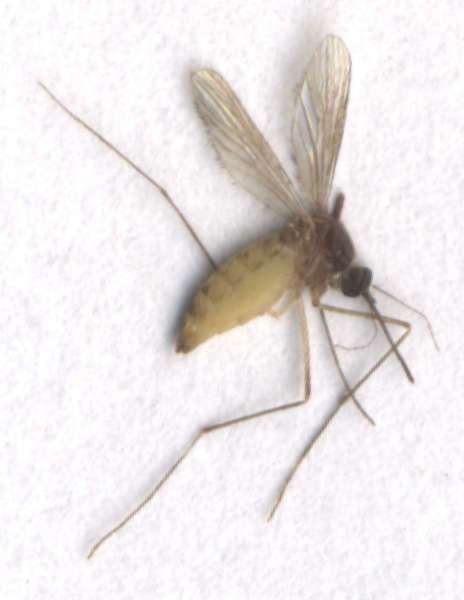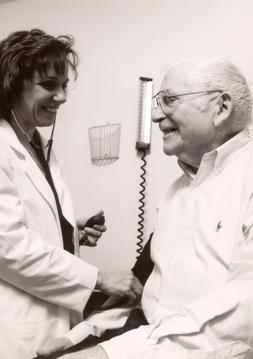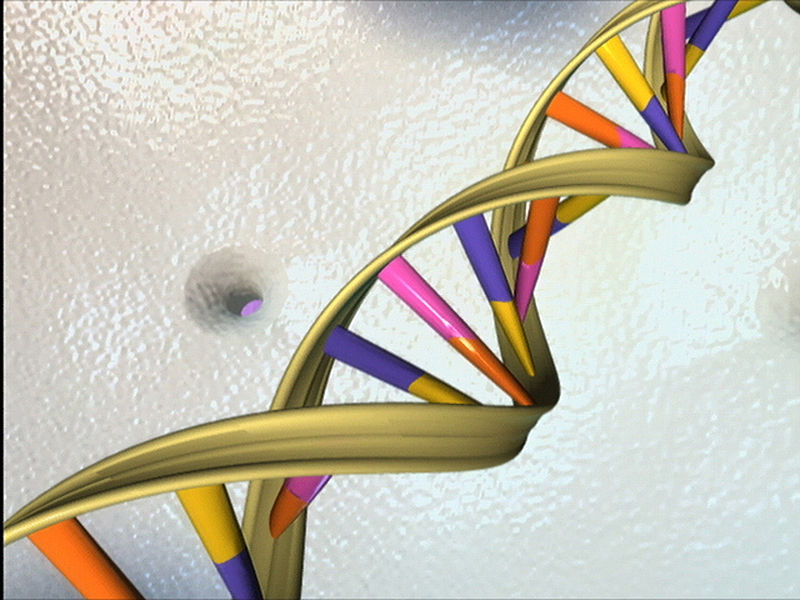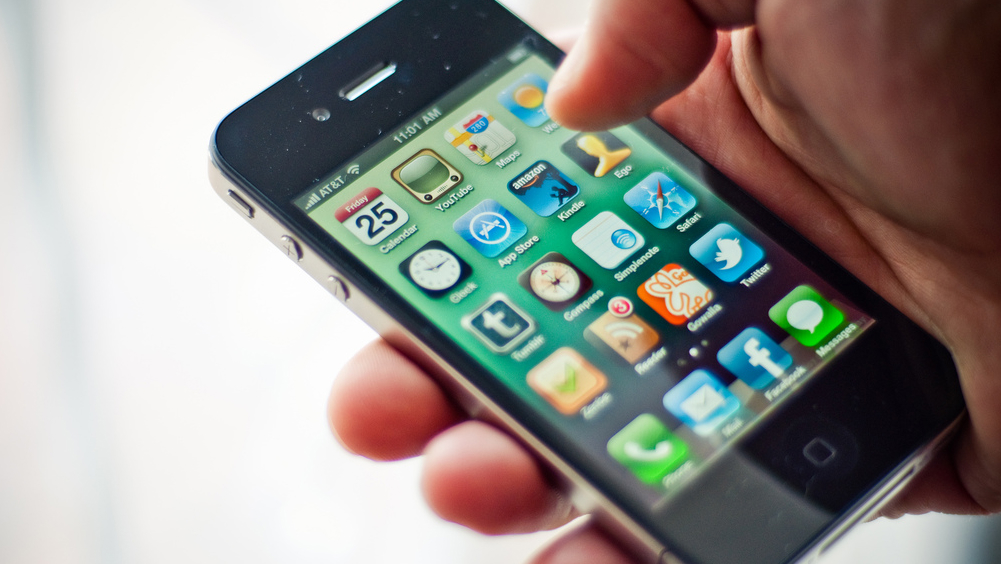Surprising Science
All Stories
In the near future, an intelligent electricity grid may collect data across neighborhoods, cities and states to inform consumers of the cheapest time to use energy, but the system carries privacy risks.
Reprogrammed stem cells from schizophrenia patients have helped researchers determine that fewer connections are made between the neurons of a schizophrenic compared to those of healthy individuals.
New evidence of how antidepressant drugs help to boost brain cell formation could lead to better treatments for depression, a disease which inhibits the production of neurons in the hippocampus.
A tiny chip implant is enabling paralyzed and injured people to move objects by the power of their thoughts—the implications of brain-computer interface reach into the science fiction realm.
We are working longer hours and retiring later so why shouldn’t we compensate by taking a pill to stimulate our brain—what’s the objection to staying awake and concentrating better?
Contrary to expectations, asthma rates have skyrocketed in urban areas in the U.S. that are not particularly clean; respiratory infections in early childhood may actually be a risk factor for it.
Female athletes may not be eligible to compete as women if they have natural testosterone levels in the male range, say new guidelines recommended by the International Olympic Commission.
Babies conceived through in vitro fertilization are significantly more likely to suffer complications because the procedure frequently produces twins or triplets, which are often born early.
For most of us, eight hours of sleep is excellent and six hours is no good, but what about if we split the difference? What is the threshold below which cognitive function begins to flag?
Four different types of radiation tend to accompany a nuclear accident like the Fukushima meltdown. Here, Dr. Kaku discusses the effects of each on the human body.
Twitter may be fending off multi-billion dollar acquisition offers but it seems to be in turmoil and lacks vision. Mathew Ingram suggests it take a leaf out of Apple’s book.
After its November launch, Kinect became the fastest-selling electronics device ever. It may be integrated into the Windows OS, leading to the Next Big Thing in web user experience.
A robot scientist has made a new biological discovery and many more might be possible if we simplified the language of science, the human scientist who led the development says.
Einstein believed that free will was just an illusion, and that awareness of this lack kept him from taking himself and others too seriously. But Einstein was plain wrong, says Dr. Kaku.
Researchers say they are ahead of schedule in a bid to discover (or disprove) the mysterious “God particle”–the stuff that makes stuff stuff. How else do objects get their mass?
China is moving more rapidly on renewable technologies and pushing ahead on emissions trading, while American initiatives are stuck in Congressional quicksand.
Japan acknowledges the Fukushima Daiichi plant crisis warrants the worst nuclear accident rating. The main threat now? Not a new explosion, but more earthquakes or tsunamis.
There are many reasons for us to visit Mars. A key motivation is that after Earth, it appears the most likely abode for life in our solar system. And there are some political factors.
The military is investigating the first-ever U.S. casualties due to drone warfare. Today Big Think takes a look at a day in the life of a drone operator and the psychological stress that remote warfare puts on our troops.
We all know that social media played a big role in the recent revolutions in the Middle East. Here the BBC takes an interesting look at technology’s impact on protests in Britain.
Seth Godin claims we squandered the peace dividend available in the wake of the Cold War and asks if we are doing the same with the opportunities now offered by the digital age.
On average, a brain’s short term memory can only hold between five and seven pieces of information at a time. Can steps be taken to expand the capacity of our memory—and our brains generally?
When asked to observe a man making mundane decision in his apartment, a sample of people placed greater emphasis on the importance of individual decision making in life.
Listening to Mozart does not improve your child’s cognitive development. Reading Shakespeare will.
Passive acts, like listening to Mozart, will not make your child smarter. On the other hand, active engagement–learning to play an instrument or processing words–improves mental functioning. For instance, there […]
Scientists researching mosquito-borne diseases like dengue fever have recently succeeded at “vaccinating” one generation of mosquito which then passes immunity onto its progeny.
When it comes to diseases like Alzheimer’s, it is worth asking whether there is not something unethical about offering people genetic tests for conditions that are not yet treatable.
The federal government is offering grant money to states that pay Medicaid patients to live healthier—the program is an experiment in deflating the ballooning costs of American healthcare.
University of Montreal researches have isolated a gene that predisposes individuals to both autism and epilepsy—genetic disorders that affect the communication of information between neurons.
Computer storage and software are already migrating to the cloud, and soon processing power will go virtual as well, making our mobile devices as powerful as supercomputers.


